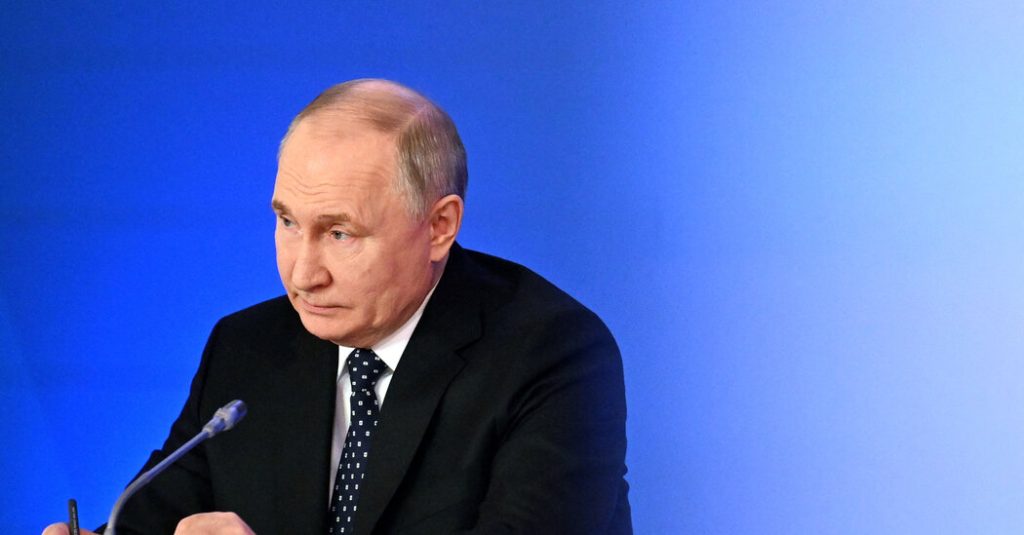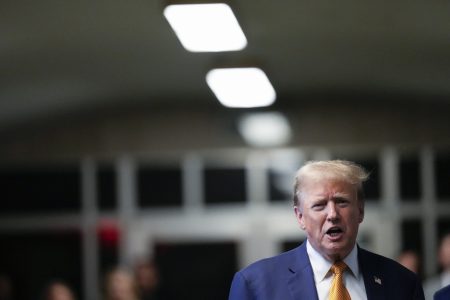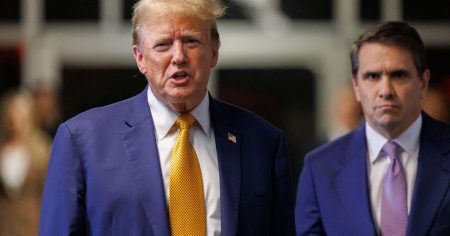American officials are concerned about the Russian development of a new generation of space nuclear weapons and are working to increase international pressure on Russia not to deploy an antisatellite nuclear weapon in space. The United States has obtained information that undermines Moscow’s explanation that the device is being developed for peaceful scientific purposes. The Russian satellite would occupy an orbit in a high-radiation region not utilized by other satellites, contradicting Russia’s claims. The United States is leading diplomatic efforts to prevent Russia from moving forward with the program by pushing for a broader ban on weapons in space through the U.N. Security Council.
Assistant Secretary of State for Arms Control, Mallory Stewart, condemned Russia’s veto of a U.N. Security Council resolution aimed at reaffirming the ban against nuclear weapons being deployed in orbit. She stressed that every country should be pressing Russia not to deploy a nuclear-armed satellite, as the implications would affect all countries and disrupt communications and national security systems that rely on satellites. While the device is not deployed and does not pose an immediate threat, it could render lower earth orbit unusable for a period of time if launched and used. The international community is urged to respond with outrage if Russia proceeds with the deployment of the weapon.
China abstained from the Security Council vote and supported a Russian amendment seeking a broad ban on weapons in space and threats to space assets. U.S. officials have expressed concern over China’s decision not to pressure Russia to halt the development of the weapon. Secretary of State Antony J. Blinken appealed to Chinese officials earlier this year to use their influence with Putin to prevent the deployment of the device. American officials believe that the 1967 Outer Space Treaty, which prohibits the deployment of nuclear weapons in space, could be at risk of being discarded if current trends continue.
Russian officials have denied any intention to deploy a nuclear weapon in space, but U.S. officials are skeptical based on their observations of Russian work on the device and preparations for potential orbital placement. The White House national security adviser, Jake Sullivan, stated that the placement of such a weapon in orbit would threaten various communications, scientific, and national security services relying on satellites. Representative Michael R. Turner, a Republican from Ohio, likened the situation to a “Cuban missile crisis in space” and criticized the Biden administration for not doing enough to address the threat posed by the Russian development of a nuclear-armed antisatellite weapon.
Overall, the U.S. government is working with international partners to prevent Russia from deploying a nuclear-armed satellite in space. The concerns raised by American officials and lawmakers highlight the potential devastating consequences of such a weapon on global communications and national security. Efforts are being made to uphold existing arms control treaties and prevent the escalation of a crisis that could arise from the development and deployment of space nuclear weapons. The international community is called upon to condemn any actions that would jeopardize the safety and security of activities taking place in space.














